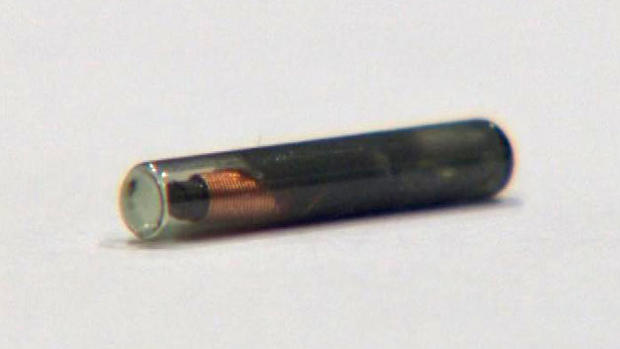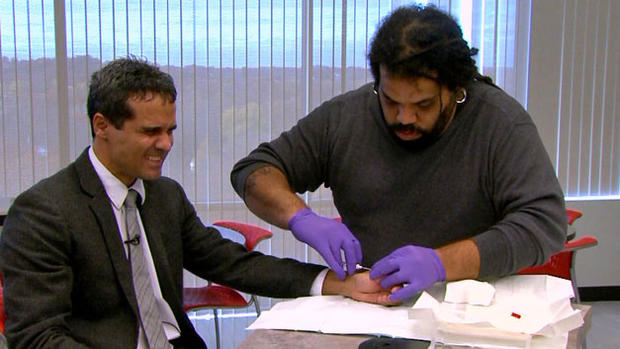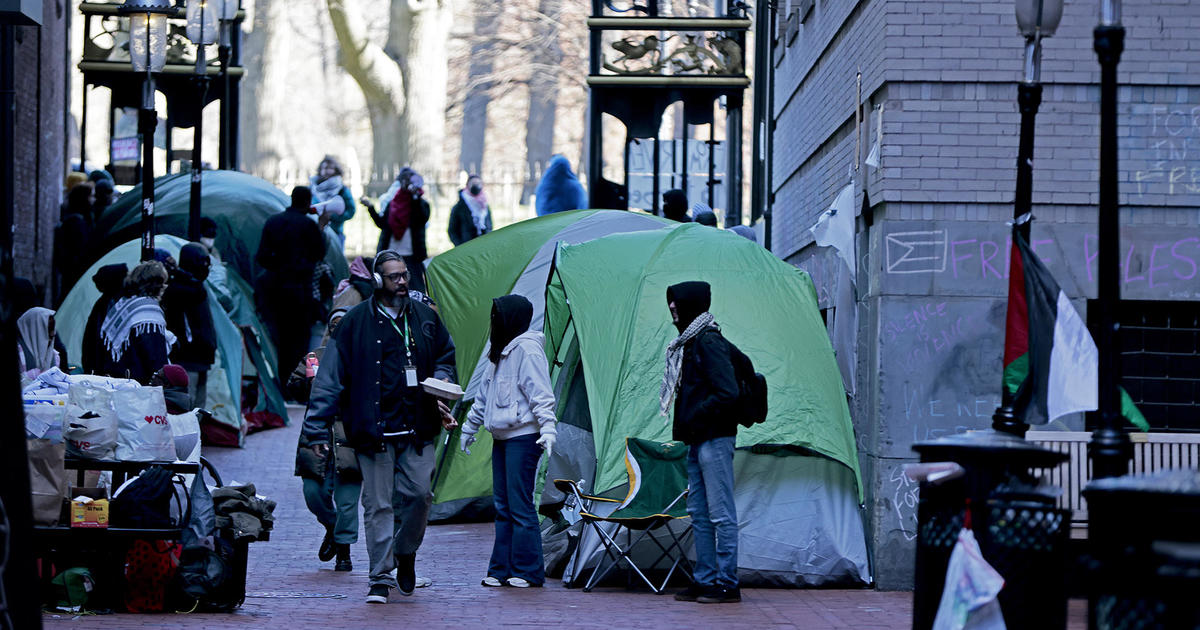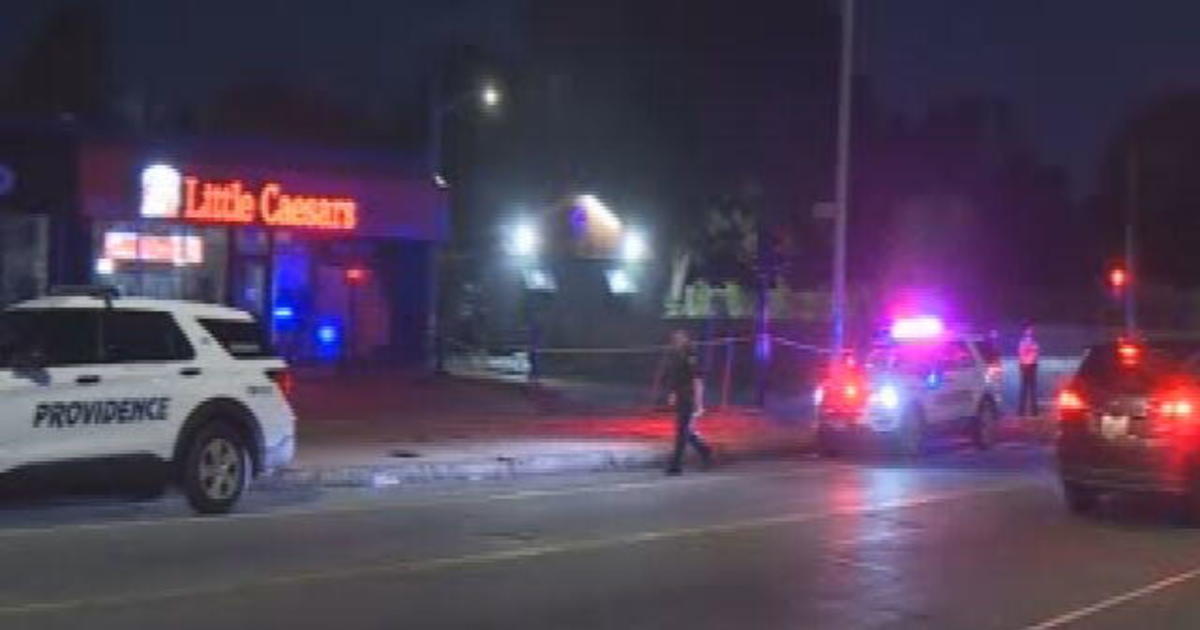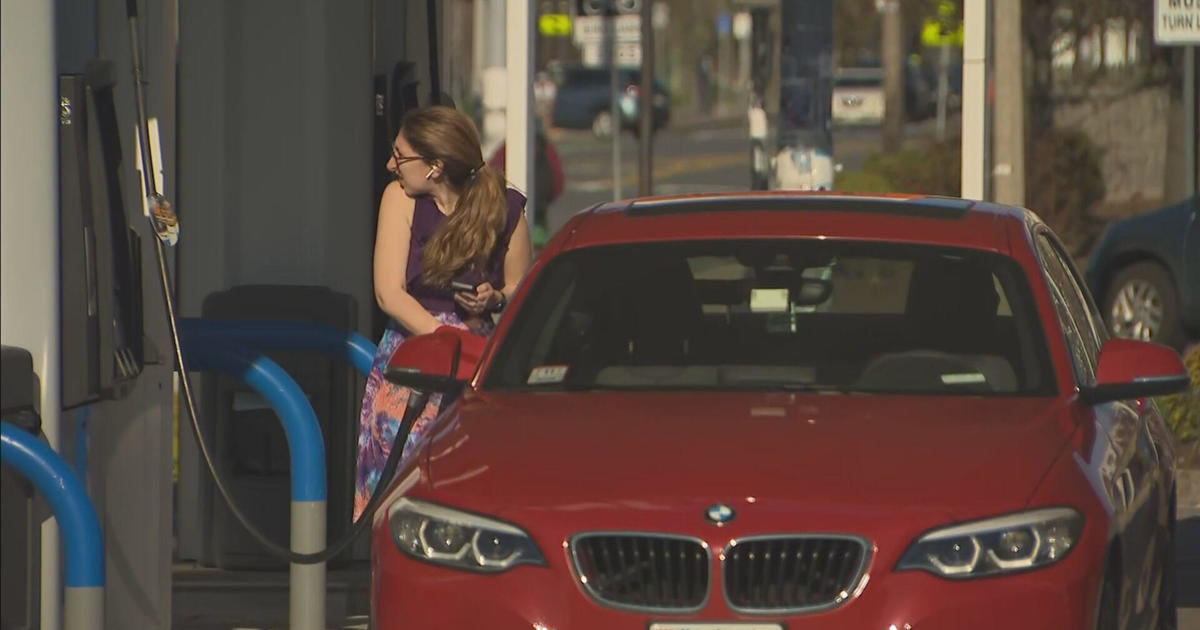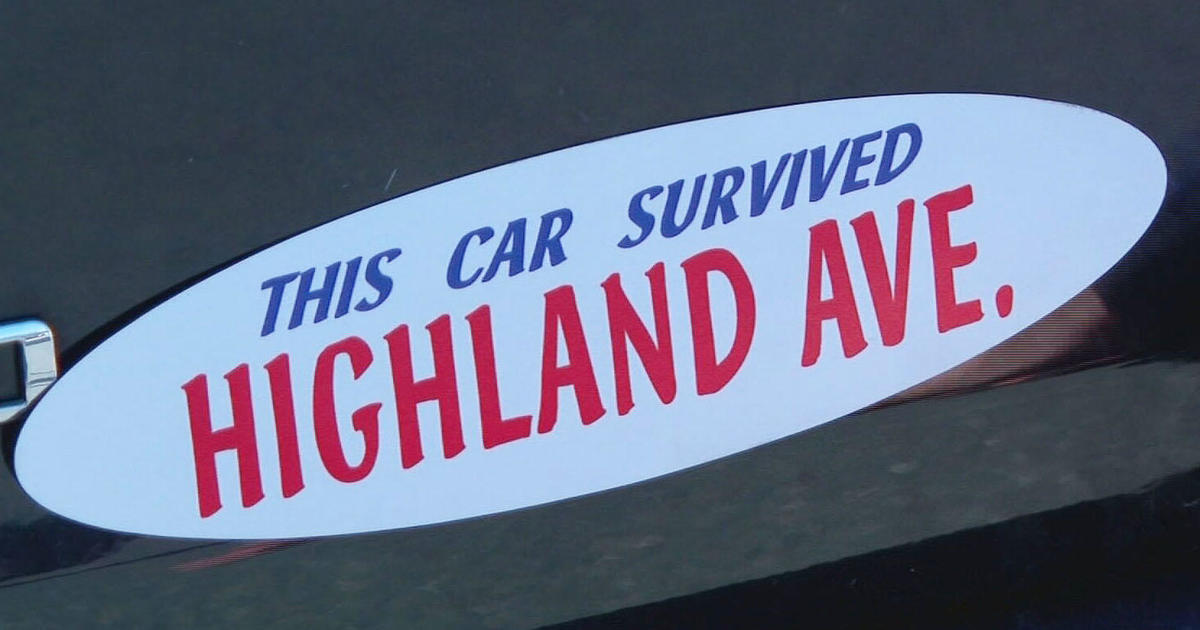Cybersecurity Experts Concerned Criminals Will Target Biochips
BOSTON (CBS) - It's a simple procedure that can be performed by a tattoo artist in just seconds. But it's not a regular piercing. WBZ-TV cameras were rolling as two Kaspersky Lab employees got implanted with a small chip.
"This cyborg, bionic body is coming. There's no doubt about that," said Ryan Naraine, the first Kaspersky Lab employee in the US to get the biochip. The implant is the size of a grain of rice and the possibilities of what it can do once implanted are endless.
The chip uses the same wireless technology we've come to rely on with our phones for mobile payments, sharing photos, and more. With just the swipe of his now bionic hand, Naraine is unlocking secure doors around the office. The small chip is transmitting data just like his old key card.
Ryan told us waving his hand is much more convenient than reaching into his pocket for a security card. This type of implant is also opening the door to all kinds of potential uses, "Everything you previously relied on to use a card, one of those swipe cards, the chip has now replaced the swipe card or has replaced a phone," said Naraine. "These chips are going to become more powerful, they are going to be capable of storing much more data, they're going to be able to treat it as a USB stick."
The chip is password protected but hacking is still a big concern. "When these chips start to store credit card data and start to store the types of data that people will be using to make payments we believe... it's logical that cyber criminals will start to target it."
That's where cybersecurity firm Kaspersky Lab comes in. "We need to start thinking about securing these things now before they become more popular, before they become more pervasive in society."
It's a new mobile, wireless, hands-free world, constantly pushing ahead. "I really do believe that 10 years from now this stuff will be so normal. We'll look back at this conversation and 'say can you imagine?'"
But, hopefully slowing down just enough for safety.
